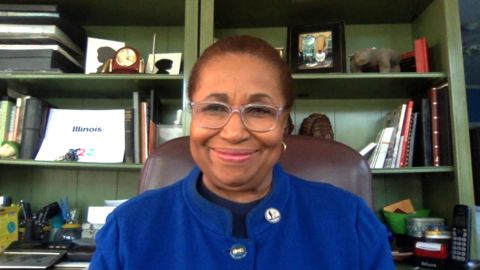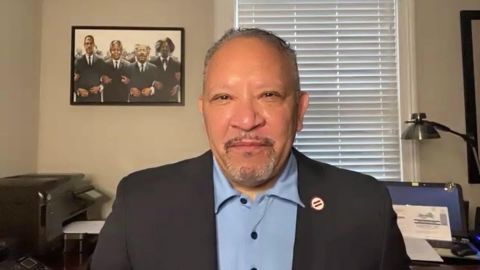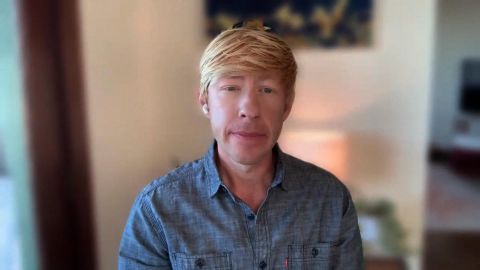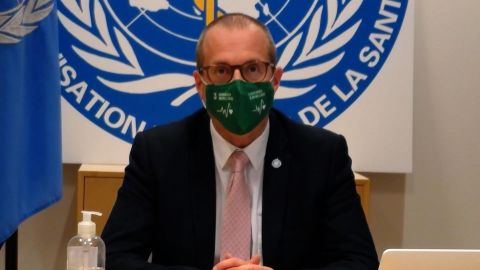Read Transcript EXPAND
CHRISTIANE AMANPOUR: Sleep, particularly now in a situation like this, could be a major game-changer, an enhancer for people’s own bodily resistance. Tell me about that.
MATTHEW WALKER, PROFESSOR OF NEUROSCIENCE AT UC BERKELEY: Yes. So, there’s a very intimate association between your sleep health and your immune health, and I’ll just give you three relevant examples for the context we find ourselves in now. First, we know that individuals who are sleeping less than seven hours are three times more likely to become infected by the rhinovirus or the common cold. Second, we know that individuals who are sleeping five hours or less a night are actually 70 percent more likely to contract pneumonia, which is a critical component in the COVID equation. And finally, what we know is that if you’re not getting sufficient sleep in the week before you get your flu shot, you only produce 50 percent or less than 50 percent of the normal antibody response. Therefore, rendering that vaccination significantly less effective. So, I think what this tells us, firstly, is that sleep will restock the weaponry in your immune arsenal, and we know how sleep does this. Sleep actually stimulates the production of immune factors, but it also sensitizes your body to those immune responses. So, when you wake up the next morning, you are a much more immune robust individual. So, you can think of sleep almost like the best health insurance policy in that regard. But then you mentioned just in the —
AMANPOUR: You can go back to that. Hold that thought. Hold that thought. I just want to ask you and pick up on what you said about a vaccine, that if you don’t get good sleep, I think you said five days before your cold flu or rather your flu shot, it’s not likely to work as effectively. Would that be — can you transpose that to the COVID vaccine when and if it comes?
WALKER: Yes. That’s exactly what I was just going to link to. And, you know, you mentioned in the last segment that perhaps it could be the summer or even further away, but we will have a vaccine or several vaccines for COVID in the future. The question critically for scientists like myself is that we then need to study is there that same relationship between sleep and your successful COVID immunization. Because if there is, then that could also be a game-changer, as you mentioned. Could we track people’s sleep? Could we estimate it and say, look, I know you’ve got an appointment coming this week, it looks as though your sleep hasn’t quite been there yet. Let me give you three options for next week. Let’s try to correct your sleep and in that way, we’re not firstly wasting critical COVID vaccine dispensation, and secondly, we’re trying to successfully increase the likelihood that you’re going to be healthy during subsequent COVID attacks.
About This Episode EXPAND
Former Sen. Carol Moseley Braun weighs in on the Amy Coney Barrett hearing. The W.H.O.’s Regional Director for Europe discusses the disastrous second wave of the pandemic. Sleep scientist Matthew Walker explains how to get better rest in these uncertain times. National Urban League CEO Marc Morial explains how the cities can rethink healthcare and housing in the post-COVID-19 future.
LEARN MORE



